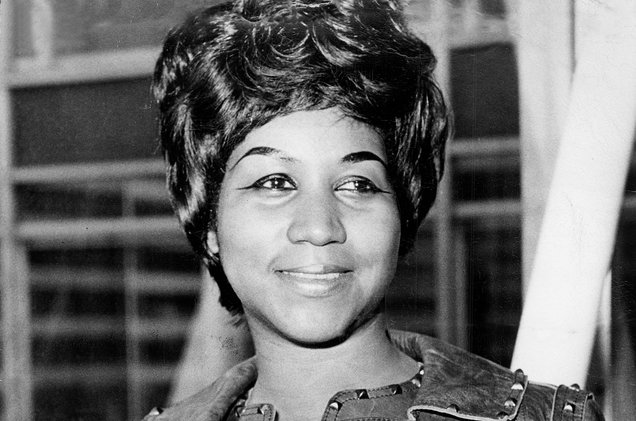Singing icon Aretha Franklin may have neglected to leave a will or a trust upon her death, but she was savvy with her money in other ways. The Queen of Soul died on August 16 from advanced pancreatic cancer at the age of 76.
For years Franklin insisted that club owners pay her in cash—a practice many in the industry complied with. When journalist David Remnick of The New Yorker visited her backstage at Caesars Windsor Hotel and Casino, in Ontario in 2016, he couldn’t help but notice “small stacks of hundred-dollar bills” in her dressing room. The point was clear—she collected cash or would not perform. Franklin would then stash the cash in her handbag, which she either handed over to her security team or kept onstage near the piano.
Franklin’s preference for cash started early in her career when it wasn’t uncommon for black singers to get shafted or receive less than they were owed.
“It’s the era she grew up in—she saw so many people, like Ray Charles and B. B. King, get ripped off,” her friend Tavis Smiley told The New Yorker. “There is the sense in her very often that people are out to harm you. And she won’t have it. You are not going to disrespect her.”
A few years ago, the Smoking Gun published Franklin’s backstage rider, which mandated promoters pay $25,000, just a portion of her appearance fee, in cash: “On the night of the engagement, with reference to the balance of payment due Artist; Aretha Franklin is to receive from the promoter, a portion of this payment in the form of $25,000 cash…It is understood that this money shall be presented by the promoter or the designated person, directly to Ms. Franklin.”
The rider continued, in bold, capital letters: “No one other than Ms. Franklin is to be given payment in any form on her behalf: Unless prior written authorization is received from our office.”
Franklin often shared the cash with her team. Talent agent Dick Alen explained in the 2014 book Respect: The Life of Aretha Franklin that she regularly paid her staff in cash: “She deducted no taxes and made no records. I’d beg her to implement some system of documentation, but she refused. I knew that eventually there’d be hell to pay from the IRS.”
Franklin, known for songs such as “Respect” and “(You Make Me Feel Like) A Natural Woman,” is the latest famous artist to pass away without a will or a trust (Prince, who passed away in 2016, also had no will). Franklin had four sons who have listed themselves as interested parties in her estate.
Los Angeles attorney Don Wilson represented Franklin for nearly 30 years and reportedly tried to persuade the singer to create a trust. “It would have expedited things and kept them out of probate, and kept things private,” he told the Detroit Free Press.
It’s unclear at this time what the value of Franklin’s song catalogue is. But according to Wilson, she owned the copyright to several of her original compositions, including “Think” and “Rock Steady.”


